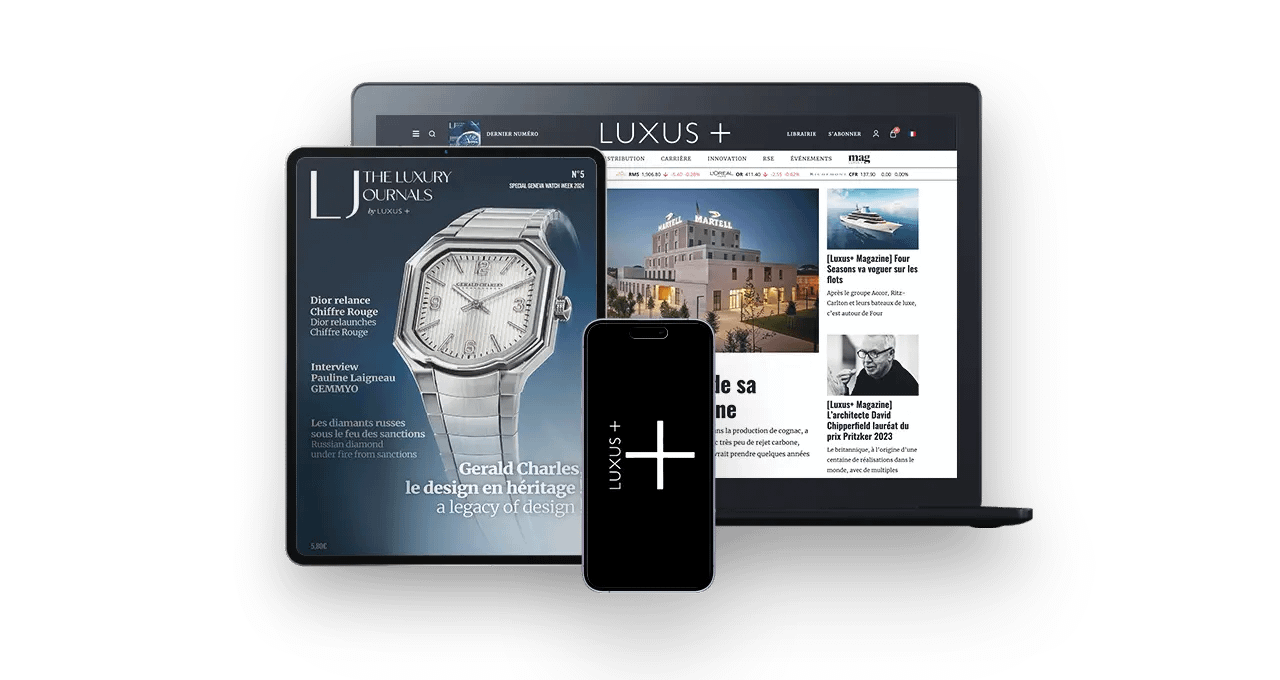The discovery of Shenzhen gave us an insight into the ecosystem that has been created between China’s Silicon Valley and the new luxury consumers. Now it’s time to discover another facet of luxury consumption in China, through tourism and Duty Free department stores, in the heart of Hainan Island.
It’s more common to hear about the island of Hainan than the city of Sanya. The former is reputed to be the domestic destination of Chinese millionaires, with its 40kms of coastline and 20 ethnic Chinese living side by side. Sanya, on the other hand, is the island’s main city, where all the tourist, hotel, water sports and shopping activities are concentrated.
When I arrived in Sanya for the first time in 2020, I was struck by the city’s striking style. A large city in the heart of an island paradise, of course, but whose style evokes a cross between Miami, Dubai, Bali and China. An atypical city whose impressive consumption of luxury has made this seaside resort a preferred location for luxury brands.
Anaïs Bournonville, founder of the Reverse Group, an international agency specializing in marketing and strategy for China, takes us on a journey to the heart of the new habits observed in the Middle Kingdom.
The great Chinese city in the heart of the tropical island of Hainan
Hainan Island is often compared to Hawaii. With its fine sandy beaches, year-round sunshine and paradisiacal setting, it has become a prime tourist and vacation destination for the region’s millionaires.
While the island looks more like a mix of Dubai and Miami than Hawaii proper, it’s not uncommon to see signs and menus written in Chinese and Russian. Two countries that supply many of the island’s strong international clientele, even though it has long been a favorite vacation spot for wealthy Russians.

Sanya, the capital of this Chinese island, is often overlooked. In fact, its name has changed frequently in recent years. The city was originally named Yazhou, before being renamed Yaxian in 1912. Yaxian then became an important Japanese naval port during the Second Sino-Japanese War. It was only in 1987 that Yaxian officially became Sanya.
By this time, the city was experiencing a number of economic difficulties. It struggled to develop trade or agriculture due to its location and complex climate. But it experienced an unprecedented boom in the late 1990s and early 2000s when it specialized in tourism.
Today, skyscrapers mingle with sandy beaches, and Chinese culture remains very strong, borrowing from the many Chinese ethnic groups that congregate here. Beyond the cultural aspect, visitors flock here for one reason: shopping.
The Duty Free paradise that now replaces Hong Kong
Read also > [CHRONICLE] CITIES LUXURY BRANDS ARE SNAPPING UP: SHENZHEN (PART 1/3)
Featured Photo: © Unsplash



































